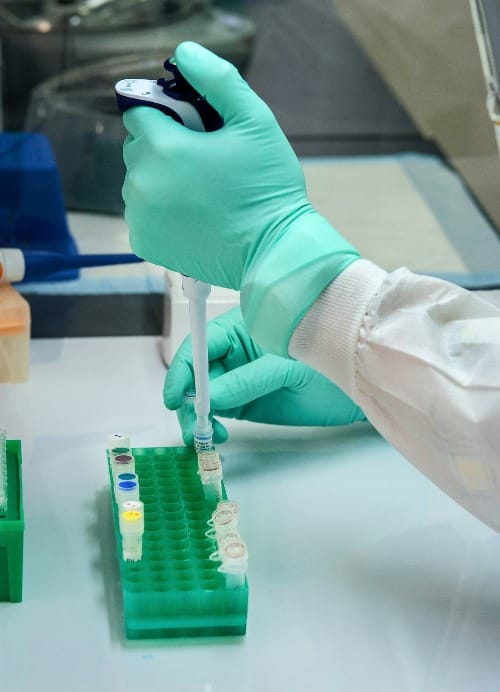Recent scientific advancements in genetic engineering and life extension research have sparked discussions about the possibility of dramatically extending human lifespans through DNA editing. While true immortality remains elusive, scientists are exploring various approaches like telomere extension, senolytic drugs, and genetic modifications that could potentially slow aging and increase longevity significantly.
CRISPR Technology for Longevity Genes
CRISPR technology shows promise for targeting longevity-related genes, but faces significant challenges in addressing the complex, multifactorial nature of aging. While researchers have identified several genes in mammals that prolong lifespan, editing a single gene throughout the adult body remains difficult, if not impossible.[1] CRISPR has demonstrated potential in treating specific age-related conditions, such as extending the lifespan of mice with Hutchinson-Gilford progeria syndrome by 2.5 times through targeted gene editing.[1][2] However, CRISPR's current limitations include its inability to reverse accumulated damage, potential off-target effects, and high costs.[1] Additionally, CRISPR cannot address all aspects of aging, such as telomere shortening.[1] Despite these challenges, CRISPR may become a valuable tool among many in the pursuit of slowing and potentially reversing aging processes.[1][2]
Telomere Extension Techniques
Researchers have developed promising techniques for extending telomeres, the protective caps at the ends of chromosomes that shorten with age. Scientists at Stanford University created a method using modified RNA to rapidly lengthen telomeres in cultured human cells by up to 1,000 nucleotides, effectively reversing cellular aging by many years.[4] This procedure increased cell division capacity significantly - skin cells divided up to 40 more times than untreated cells.[4] The technique acts quickly over just a few days, unlike previous slower methods.[4] While still in early stages, telomere extension shows potential for treating age-related diseases, genetic conditions linked to telomere shortening like muscular dystrophy, and possibly slowing aspects of the aging process.[3][4] However, further research is needed to understand its effects in different cell types and develop therapeutic applications.[4]
Ethical Considerations in Lifespan Extension
Radical life extension raises significant ethical concerns that must be carefully considered. Key issues include health equity and fairness in access to life-extending technologies, potential environmental impacts of increased longevity, and effects on population dynamics[2]. There are also profound questions about how dramatically longer lifespans could alter human identity, purpose, and social relationships[2][3]. Some argue that mortality gives life meaning and motivates us to make each day count[4]. However, others view aging as a disease to be cured, potentially reducing suffering and increasing human happiness[4]. Practical challenges include impacts on social programs, marriage, and generational relationships[4]. While extending healthy lifespans is not inherently unethical, careful consideration of the societal implications and equitable implementation is crucial[5]. Ultimately, religious and ethical institutions may play an important role in helping people navigate the moral complexities of radical life extension[4].













Member discussion